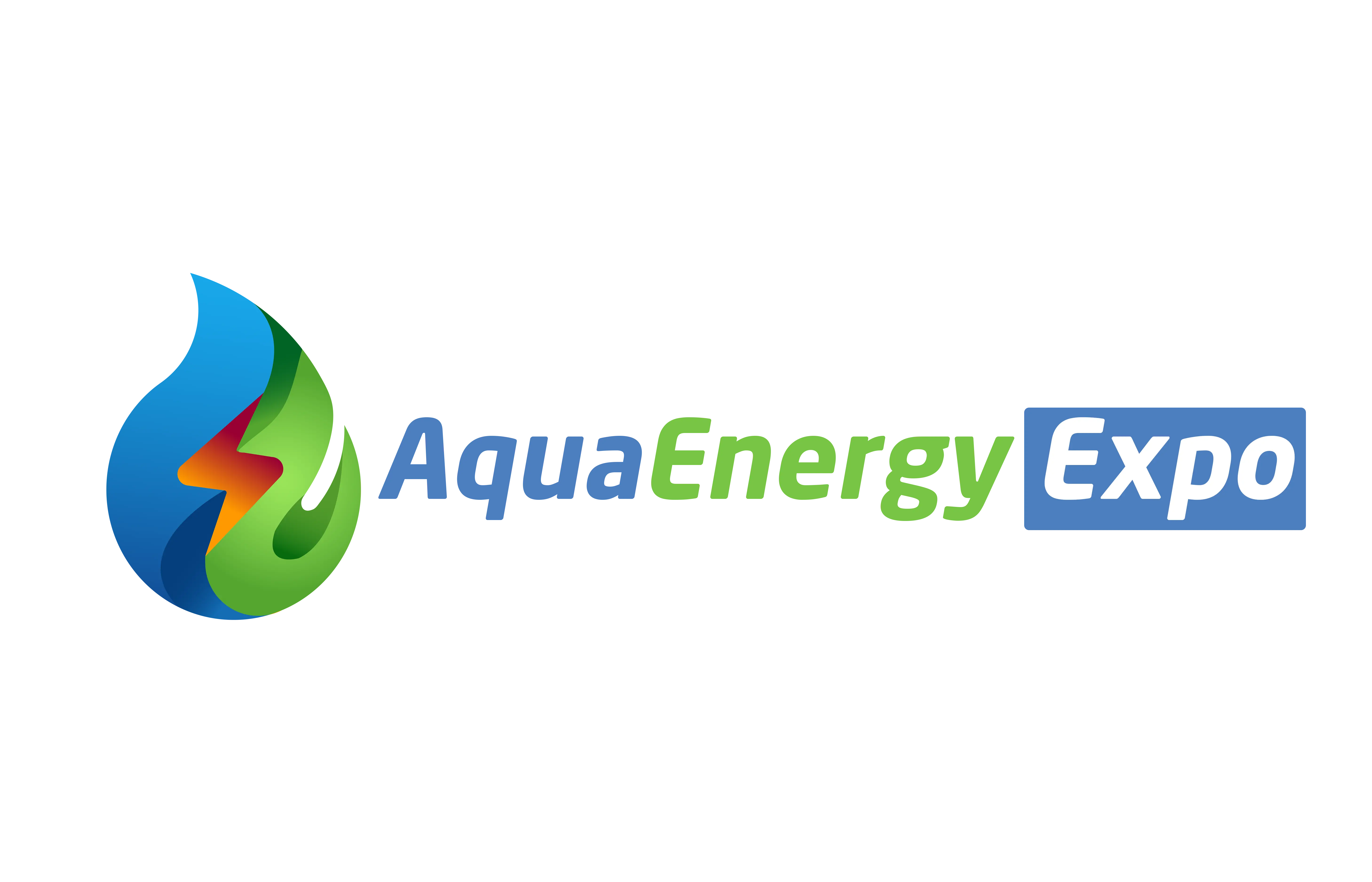
Kazakhstan and Saudi Arabia further cooperation in the energy sector
Talks to construct a 1GW wind farm in the Zhetysu region are underway between Kazakhstan and Saudi Arabia, with Astana advocating for the country’s energy independence.
The two countries’ ministers of energy, Abdulaziz bin Salman Al Saud of Saudi Arabia and Kazakhstan’s President Kassym-Jomart Tokayev, met on Thursday in Astana, the country’s capital, to discuss expanding their energy cooperation.
Tokayev and Al Saud praised the “unprecedented level” of bilateral relations while talking about the expanding links between Saudi Arabia and Kazakhstan.
The discussion between Tokayev and Al Saud was also witnessed by Muhammad Abunaiyan, the head of the board of directors of Acwa Power, a company based in Saudi Arabia.
Abunaiyan discussed the potential for a cooperative investment to construct a 1GW wind power facility in Kazakhstan’s southeast area of Zhetysu.
After the meeting, the two sides signed a contract to put the new power plant into operation.
“The trip was successful,” said Tokayev in a press statement. “We have reached agreements to establish cooperation on many issues, especially in such an important field as energy. I am sure that the future of bilateral relations will be bright.”
When Al Saud visited Astana, Kazakh leaders were laying the foundation for their nation’s energy independence.
Kazakhstan adopted the Concept for the Transition to a Green Economy in 2013, aiming to produce 50% of its electricity from sources classified as “alternative or renewable” by the year 2050.
Alikhan Samilov, the prime minister, declared last year that he intended to bring in at least $150 billion in foreign direct investment (FDI) by 2029.
Amidst Russia’s conflict in Ukraine and the intensifying rivalry between China and the West in Central Asia, some investors focused their attention on Kazakhstan.
Kia, a South Korean automaker, started construction on a new full-cycle facility in Kostanai, 700 kilometers northeast of Astana, in November.
It is anticipated that the plant will generate up to 70,000 cars annually and 1,500 employment.
But in recent years, the state in central Asia has seen a steady reduction in net foreign direct investment inflows.
UNCTAD estimates that the sum was $6.11 billion in 2022, up from $4.71 billion in 2017 but less than the $8.51 billion reported in 2016.
Source Astana

